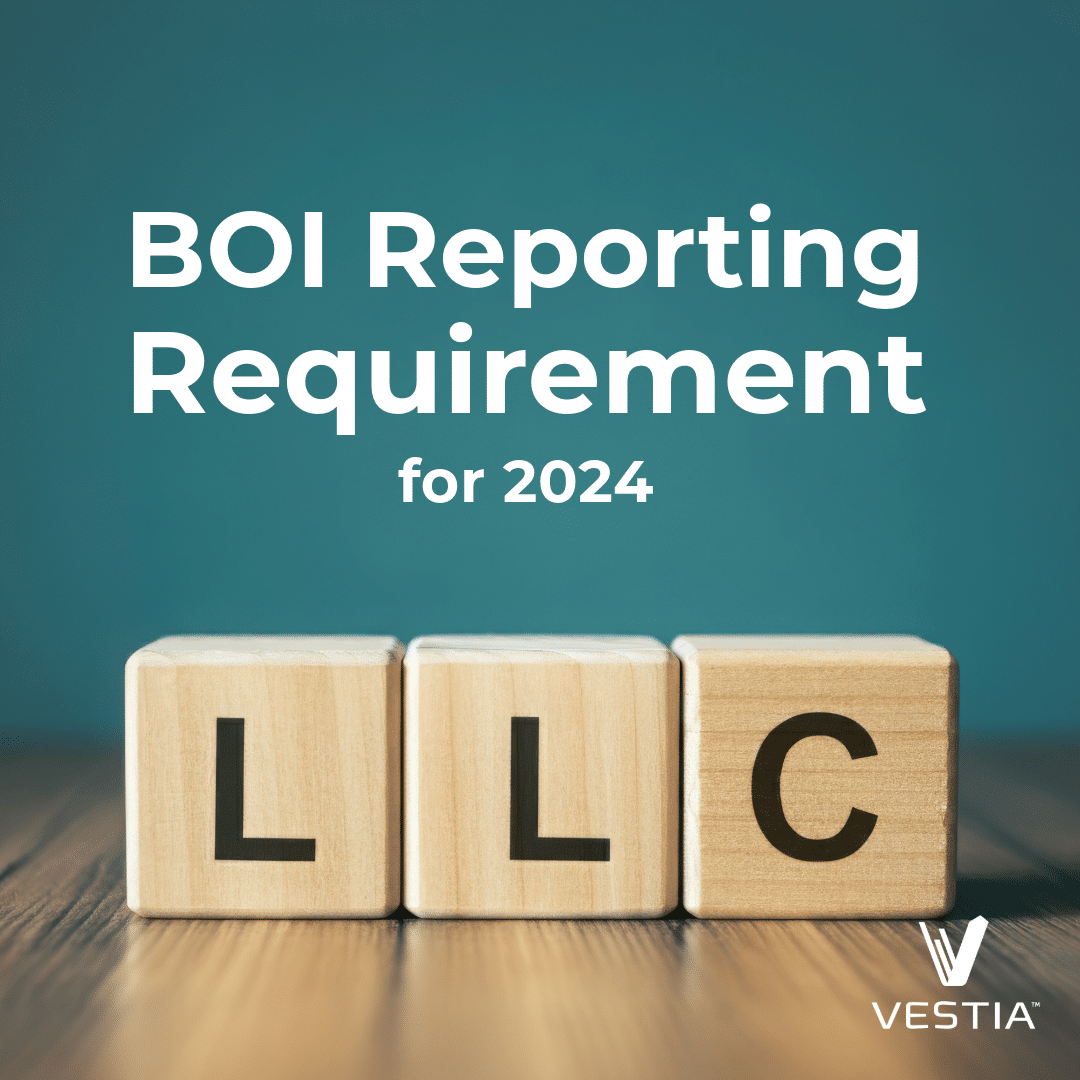Hiring a financial advisor can feel overwhelming. Deciding who to consult and trust with your financial well-being is a big deal!
On top of the enormity of sharing your finances with someone else, doctors have unique financial needs that require a certain level of expertise, so you should work with a team that specializes in serving people like you.
To make the process a bit easier, we’ve compiled the top questions you should ask when interviewing potential financial advisors.
1. Do You Work With Physicians, And How Much Experience Do You Have Working With People In This Career?
Right off the bat, this should be the leading question in your research and discussions with potential advisors. The person you’re working with must understand your needs and the value of your time.
As a doctor, you have different needs than someone in a different profession—high student loan debt, considerable earning potential, insurance needs, investment decisions, and more. Do your best to find a firm that specializes in your career because they’ll be able to provide the most actionable and clear insights, like
- Maximizing your employment contracts
- Making the most of your investments throughout your career
- Saving for retirement
- Effectively paying down debt
- Properly managing your tax situation
- Ensuring you have enough financial protection
If you can’t find someone you trust who specializes in your career, at least make sure they know the financial challenges of working in the medical field.
Pro tip: If the potential advisor doesn’t know what RVUs are, it’s probably time to walk away. Your advisor needs to know how you get paid to advise you on it effectively!
2. What Makes Your Planning Different For Physicians?
Physicians have unique considerations for their financial lives and carry more expenses than most people. Your advisor should lean into those differentiators and help you craft a special plan you couldn’t get anywhere else.
One key differentiator is that physicians have high debt coming out of school but extremely high earning potential. Your advisor should be able to help you seamlessly navigate those two ends of the spectrum, and build a cash flow plan that sets you up for future success.
Doctors also benefit from unique planning considerations like disability and malpractice insurance, loan programs for buying houses and buying into surgery centers, contract negotiation, etc. Dual physician households may also need to take on costly things like full-time childcare, saving for kids’ education, additional household expenses, etc.
Women physicians also need to be mindful of their goals surrounding their careers, children, and more. You should work with a team that understands the nuances you face and provide a clear path forward.
It’s essential to find a financial advisor that builds their services to match your unique needs as a physician.
Aside from your career demands, make sure that your advisor tailors your plan toward you and your life experience. You should feel comfortable discussing your past financial experiences and your goals for the future.
Go A Little Deeper: What Are Your Areas of Expertise (And What Aren’t)?
Your potential advisor may have experience with physicians, but do they also have experience with debt management, education and college planning, retirement planning, insurance and wealth protection, estate planning, and proactive tax planning?
For example, if a firm specializes in new grads, and you’re 3+ years away from selling your practice and need someone with more direct experience in succession planning for medical practice owners, that firm may not be the best fit for you.
Remember, no one can be perfect at everything, so determine your potential advisor’s strengths and weaknesses and determine if that complements your goals.
3. What Are Your Qualifications?
This question is a big one.
In addition to the years of education, training, and experience, all doctors have to pass rigorous board exams to do their jobs. But it’s often not as cut and dry in the financial industry.
There are various levels of tests, certifications, and designations that advisors go through that often aren’t widely understood by the public. You can start to glean an advisor’s education and training by looking at their designations. Some of the most common are:
- Series 65 or 66
- Chartered Financial Analyst ® (CFA®)
- Certified Financial Planner™ certification (CFP® Professional )
These designations play an important role in helping you select the most appropriate advisor for you.
One of the most prestigious and comprehensive certifications in our field is the CFP® certification. To become a CFP® professional, an advisor must meet strict “education, training, and ethical standards” that prepare them to serve clients holistically.
We know that our clients are highly educated in their fields, and we value being highly educated in ours, too.
4. What’s Your Investment Philosophy and Core Values?
Money is personal—from past experiences to future goals, money has a significant impact on our lives. So who you entrust your money and future with is a meaningful decision. You want your overall vision to align with the person who handles your money and their investment philosophy to match, or complement, yours.
Beyond investing, understand the firm’s core goals, values, and mission. These three things will tell you a lot about a financial advisor before ever picking up a phone.
At Vestia, our ultimate mission is to help you achieve and build wealth that matters. That means we value relationships over money and focus on helping our clients build a legacy with intention. You can have all the money in the world, but if there’s no intention or meaning, it’s just money.
You have so much to give, and your money is simply a tool to help you reach your goals.
5. How Do You Get Paid?
It’s so easy to overlook this question!
But how your advisor gets paid is critical. Knowing how the firm structures payments gives you a window into their operations and allows them to be honest and transparent.
Working with a fee-transparent advisor is vital. They should clearly lay out how they charge their fees and disclose all the costs of doing business with them. Be sure to get all of their fees in writing so you can reference them at a later date!
At Vestia, we believe in fair pricing for each client depending on complexity and time requirements, regardless of which ongoing service model clients use. No gimmicks or tricks because we believe that advisors should always act in the best interest of their clients.
6. Are You A Fiduciary?
Speaking of advisors acting in the best interest of their clients, it’s essential to ask if your potential advisor is a fiduciary or not.
No, this word isn’t just another example of finance jargon; it carries immense weight and meaning and indicates how the advisor/firm treats its clients.
A fiduciary acts in the best interest of their clients, always. When you serve clients in a fiduciary capacity, you give advice that is best for the client, not necessarily what’s best for the advisor/firm.
Our team works diligently to provide recommendations that are best for our clients first and foremost. Operating in this way instills trust, openness, and honesty in an advisor/client relationship and enables your advisor to serve you in the best way possible.
Think about it like this: fiduciary is to finance as the Hippocratic oath is to medicine—foundational and binding. You should work with an advisor that sits on the same side of the table as you.
Check Out Their Online Materials
A great way to get to know a firm is to look at its website and available resources. As you read through each page, you should get a clear idea of their values, process, and what their team is like.
If you get a good sense from the feel of their online presence, that’s a positive thing to note. A website is a great first look into an advisor’s personality, expertise, and values.
A Personal Approach To Building Wealth
Think about an orthopedic practice—there is probably a foot, ankle, knee specialist, etc. You go to that practice because they have the expertise, and then they make sure you see the best-matched doctor in the group for what you need.
At Vestia, we are the same way. Not only do we have physician expertise, but we have advisors who specialize in military physicians, orthopedic surgeons, female physicians, and urologists.
Together, as a team, we have the knowledge and skill to craft a financial plan that balances your present desires with your future goals. Let’s see how we can make your dreams into a reality—contact our team here.
Disclosures
Investment advisory services offered through Vestia Personal Wealth Advisors, Vestia Retirement Plan Consultants, and Vestia Advisors, LLC. Securities offered through Ausdal Financial Partners, Inc., 5187 Utica Ridge Rd, Davenport, IA. 52807 (563)326-2064. Member FINRA/SIPC. Vestia Personal Wealth Advisors, Vestia Retirement Plan Consultants, Vestia Advisors, LLC, and Ausdal Financial Partners, Inc. are independently owned and operated.
This material is intended for informational purposes only. It should not be construed as legal or tax advice and is not intended to replace the advice of a qualified attorney or tax advisor. This information is not an offer or a solicitation to buy or sell securities. The information contained may have been compiled from third-party sources and is believed to be reliable.



